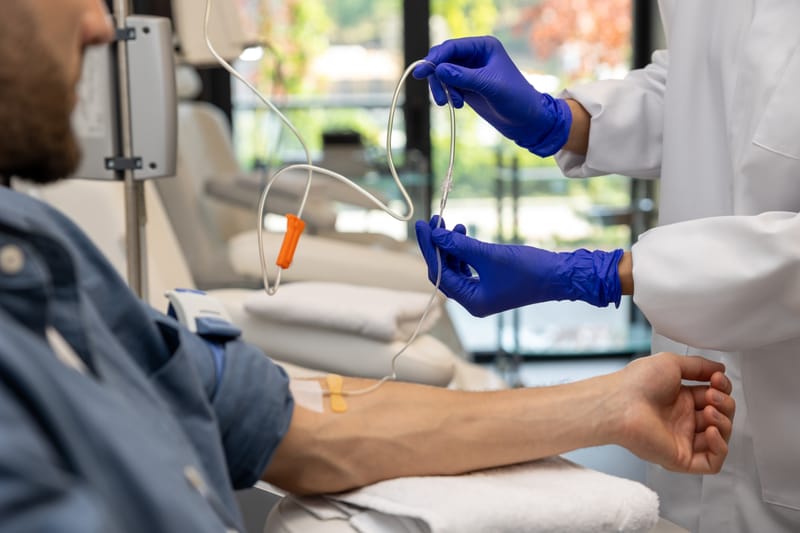Introducing CLAUDIA: Enhancing Chemotherapy with Continuous Monitoring and Adaptive Dosage

April 30, 2024
Traditionally, chemotherapy dosages for cancer patients have been determined based on a simplistic calculation involving the patient's body surface area, derived from their height and weight. However, this method, originating from data on only nine patients in 1916, lacks consideration for various crucial factors. Consequently, patients often receive either excessive or inadequate doses of drugs, leading to potential toxicity or diminished therapeutic effects.
To address these limitations, engineers at MIT have devised an innovative approach aimed at personalizing chemotherapy dosing. Their system involves continuous monitoring of drug levels in the patient's bloodstream, with data feeding into a controller capable of adjusting the infusion rate accordingly. This personalized approach takes into account multiple factors affecting drug pharmacokinetics, including body composition, genetic variations, toxicity induced by chemotherapy on metabolizing organs, interactions with other medications, dietary influences, and circadian fluctuations in enzyme activity.
By incorporating these variables into dosage adjustments, the researchers anticipate a more accurate and tailored administration of chemotherapy, potentially minimizing adverse effects and maximizing therapeutic benefits for cancer patients undergoing treatment.
SOURCE: https://news.mit.edu/2024/closed-loop-drug-delivery-system-could-improve-chemotherapy-0424